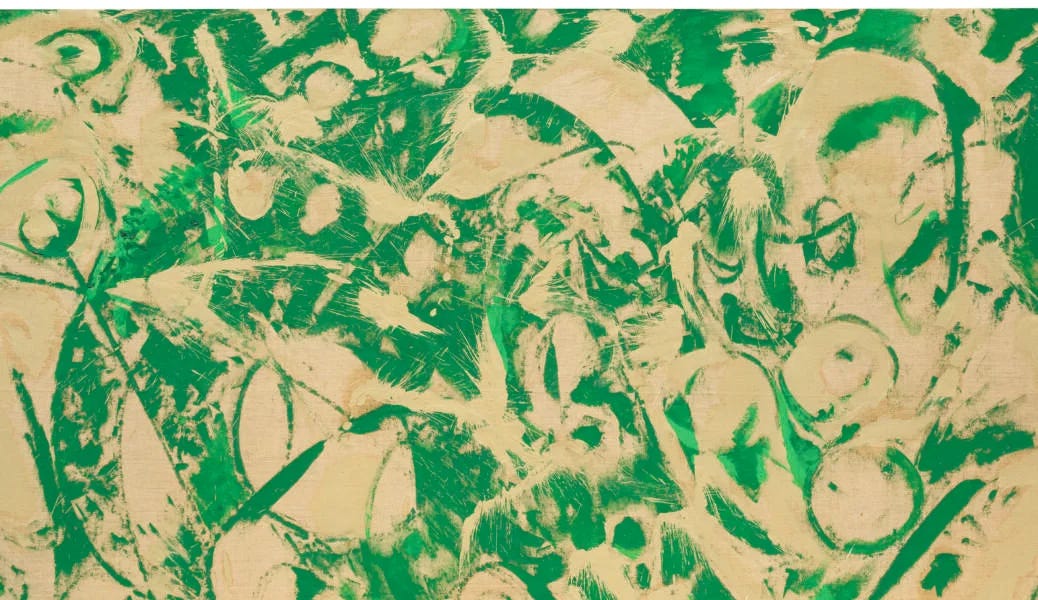feminism
a bunch of stuff about being a woman
dane cads and
feminism
dane cads and
It is literally impossible to be a woman. You are so beautiful, and so smart, and it kills me that you don't think you're good enough. Like, we have to always be extraordinary, but somehow we're always doing it wrong.... See more
You have to be thin, but not too thin. And you can never say you want to be thin. You have to say you want to be healthy, but also



